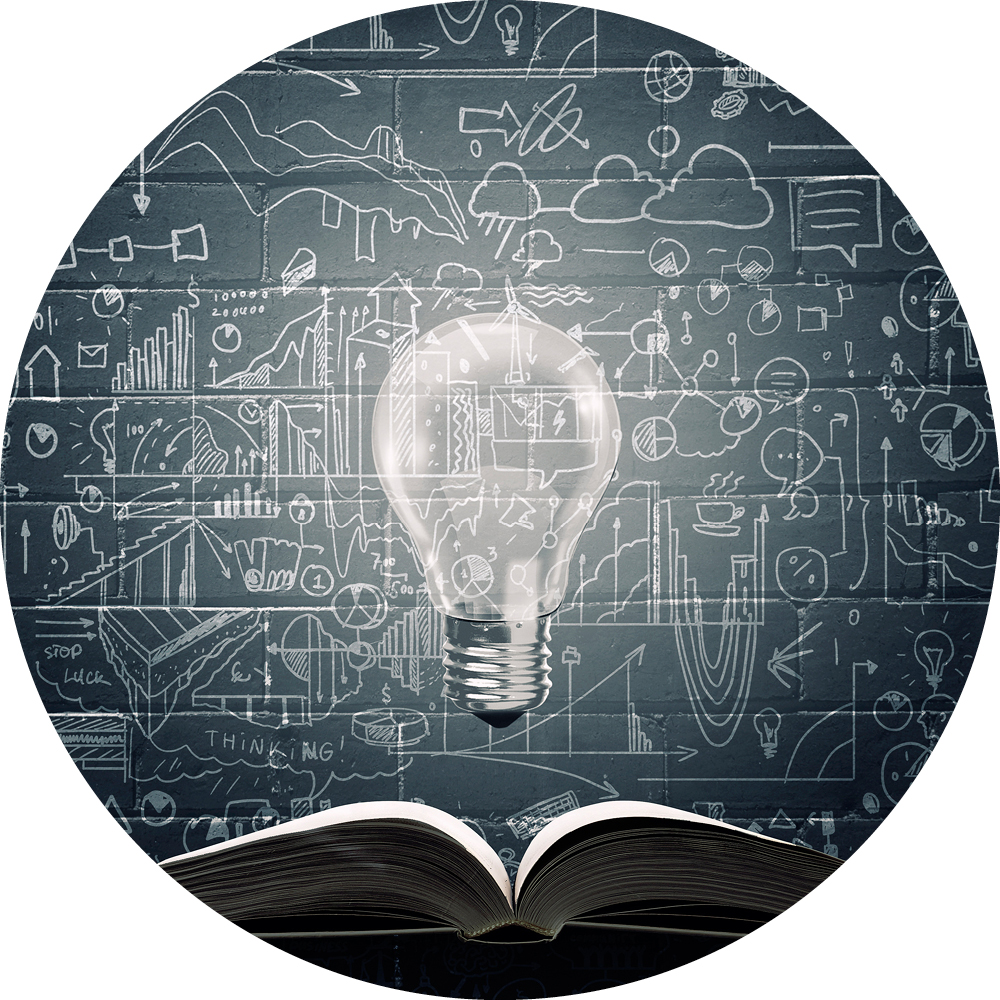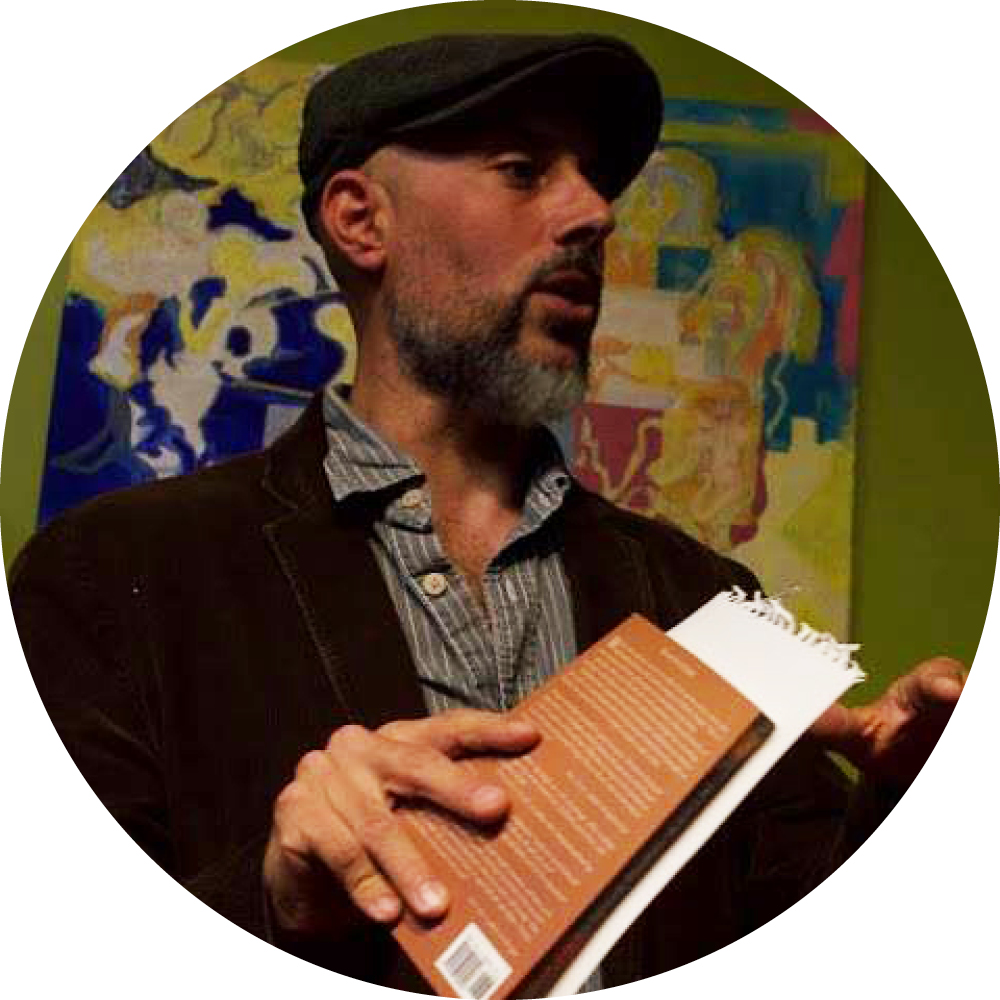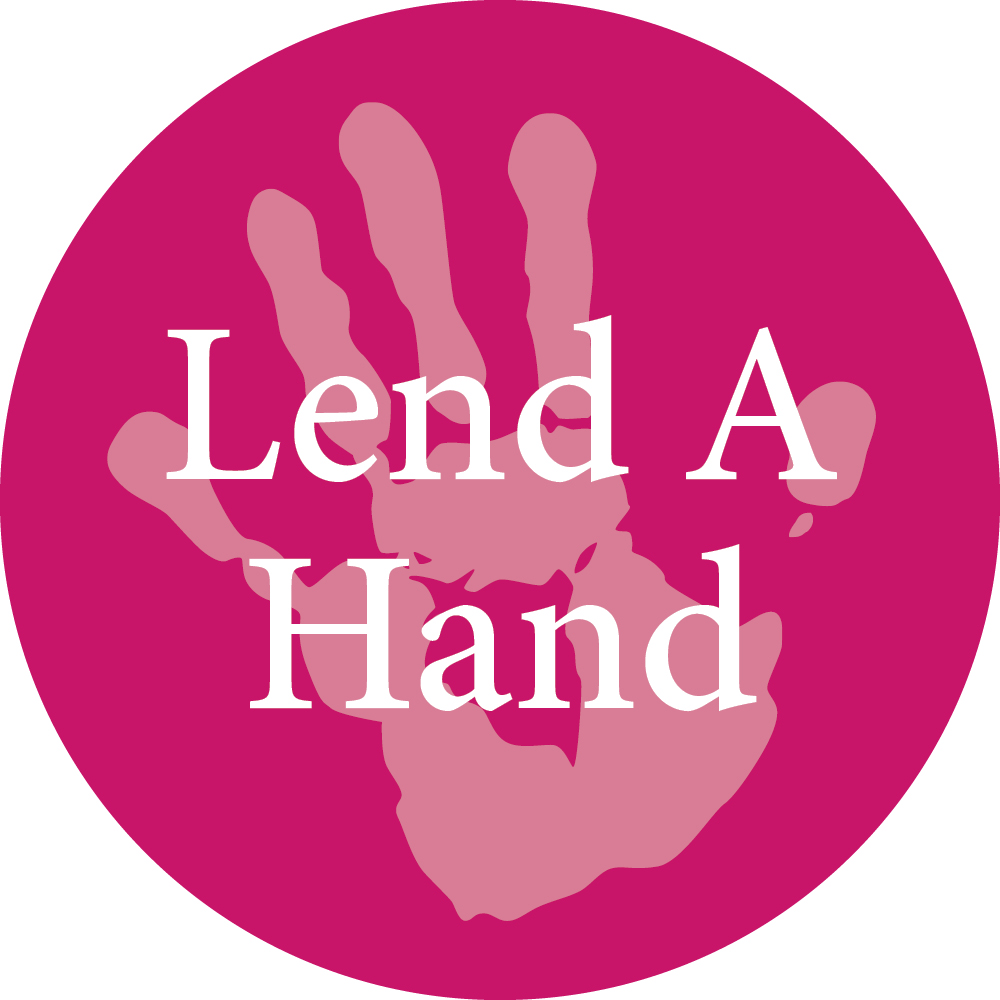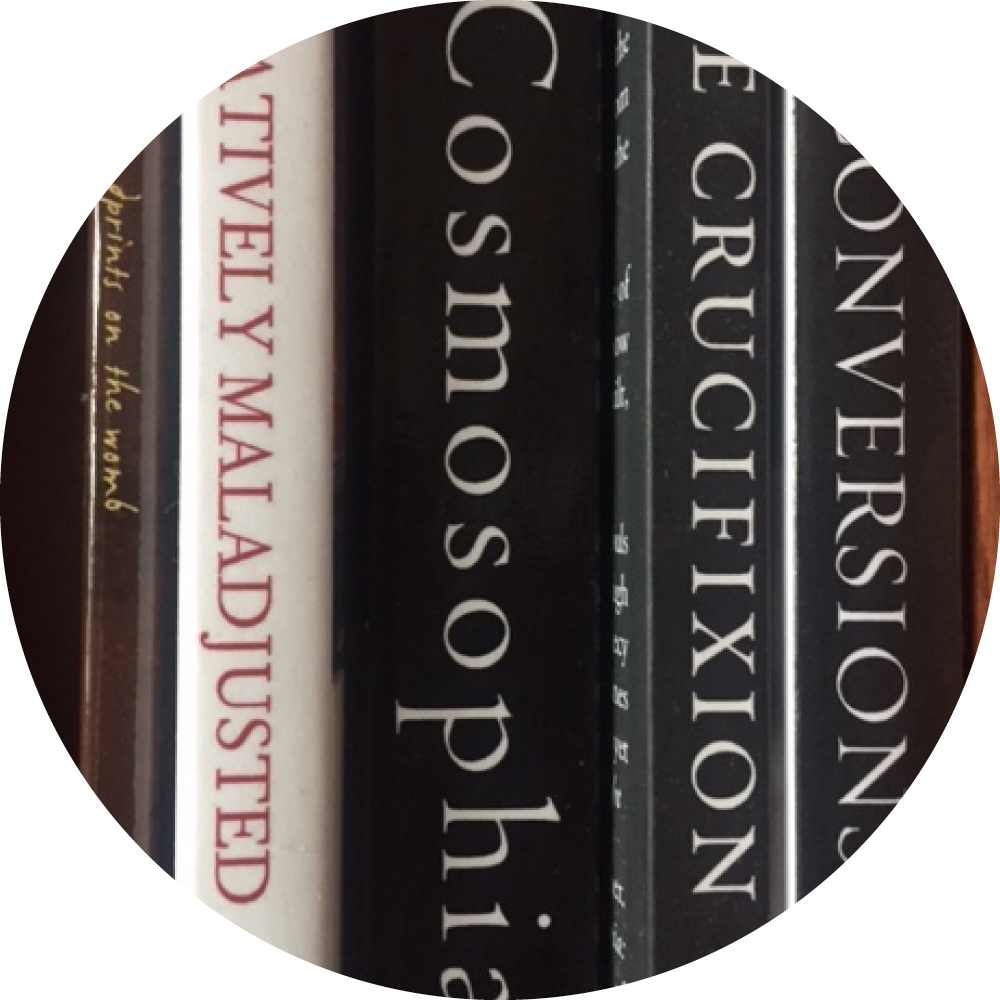Approaching The Ancestors
By David A. Powers
Three years ago, around Halloween time, I gave a piano concert in a small Chicago art gallery. During the concert, I performed “The Golden Chariot of King Solomon the Wise,” a composition dedicated to my biological, musical, and spiritual ancestors. Afterwards, the gallery’s owner approached me and said, “My deceased husband was a huge jazz fan, and I felt his presence in the room, watching you play.“
It was my first offering to the ancestors.
These days, I make offerings to the ancestors regularly. Such a practice may seem exotic, superstitious, or unwholesome to modern individuals, for the dead have become strangers to us. Though we carry them within us, we do not know them;; and if we do not know our roots, how can we understand who we really are? As Aidan Wachter states, “We are literally constructed (as is all life) from the vast sea of the dead that have lived before us. They are the source of our DNA and the minerals in our blood and bones. This just is.” [1]
The practice of honoring the dead was and still is a part of life for many from more traditional societies. In areas where the Catholic church dominated, however, the church did its best to eradicate such practices. According to Frisvold, “When the ecclesiastical demand of burying the deceased ones in cemeteries was set in motion they also instigated the process of the dissolution of ancestral awareness. Before this ecclesiastical demand the ancestors were buried in their own land, and preferably inside the house.” [2]
Premodern cultures displayed diverse and sometimes ambivalent attitudes towards the ancestors. The ancient Chinese often viewed their ancestors as dangerous forces in need of appeasement. According to Jan Fries, “When large calamities threatened the realm, when invasion, drought, locusts or flood occurred, the oracle bones were asked who of the primal or early ancestors were responsible. Large disasters often necessitated large sacrifices. When minor disasters, accidents, evil dreams or simple diseases harmed the royal family, the ordinary ancestors were held responsible… All ancestors were renowned for bringing bad luck, one way or another.” [3]
In traditional African cosmologies, the ancestors are viewed in a more positive light. Indeed, from the Kongolese viewpoint, God could be considered the first ancestor. As Frisvold states, “the creative impulse, the One – Nzambi Mpungu – was seen as the aloof creator of the universe;; at times he was considered the first ancestor.” [4] Thus it was that even after converting many to Christianity, the Church had difficulty eradicating ancestral practices, for “the ancestors represented the accumulated wisdom of generations — and also, the dead were never considered to be dead, rather they were the not–living who continued to exert an influence from the other side of the veil.” [5] To this day, both in Africa and throughout the African diaspora, the ancestors continue to be honored through including possession rituals and other forms of interaction with ancestral spirits.
The path that led to my own encounter with the ancestors has been crooked and convoluted. It began with my research into jazz history, as I studied the syncretic African Traditional Religions. The idea of spiritual practices involving ancestors intrigued me. However, I had little connection with my own ancestors, and at that time relationships with living relatives were often difficult.
When I first began making offerings, I wasn’t sure what to expect. Truthfully, I was apprehensive. I asked myself, “Am I losing touch with reality? Will I end up going mad?” But times were tough, and I felt I had nothing to lose. So I began to make offerings, and over time, the practice became an integral part of my spiritual path.
My offerings are not elaborate. I approach the ancestors with an attitude of love, light candles and incense, and pour water into a bowl. Sometimes, I sing to them. Then, I close my eyes, and imagine my ancestors seated around a table, joyously partaking of a feast. Finally, I speak from the heart, sharing tales of my good fortune, telling the ancestors about my problems, and asking them for help and advice.
The benefits of this practice have far exceeded my expectations. The most obvious benefit has been improved relations with living family members. As I work with the ancestors, and contemplate their struggles, successes, and failures, my empathy grows. This leads to greater compassion and acceptance of others, including those who are or have been close to me, and whose actions have caused me pain.
I now see conflicts with family members in a new light. The conflicts we carry within us reflect the conflicts of the larger world. When we heal the wounds of the self, we heal the ancestral tree, and begin to repair the world. The process of healing also involves recognizing the mistakes our ancestors made; in that case, we have the opportunity and responsibility to change course and evolve.
With the awareness that my actions matter, I am able to find meaning in my connection with past and future. I am not an isolated fragment, but a part of the greater whole. The choices I make reverberate throughout the universe, not only now but also far into the future. This knowledge acts as medicine for the disease of existential despair that is endemic to modern society.
As Marianne Costa states, “Once we recognize what we truly are, we also understand that through the genealogy tree Consciousness entrusts us with a body that little by little learns to respect this recognition… The final healing consists of this: once the individual path is accomplished, each of us must return to the origin and heal the tree from the inside.” [6]
The practice of offerings has also transformed my relationship to my own body. I experience my body as a temple, the sacred space where heaven and earth are united. I discover the primal memories of bird and beast that lie deep within me. I feel kinship with the many forms of life that inhabit our planet. I am a child of the stars, the sun, the moon, the oceans, the wind, and the soil. Deep contemplation on the ancestors creates an awareness that I carry the entire universe within myself.
Working with the ancestors also gives me insight into the human condition. I realize that each living person is a unique manifestation of the ancestors’ hopes, desires, and dreams. My individual existence is but one link in a vast chain that stretches back into the distant past, and extends forward into the unknown future. Thus, I live not only for myself, but also for the sake of those who have come before, and those who will come after.
With the awareness that my actions matter, I am able to find meaning in my connection with past and future. I am not an isolated fragment, but a part of the greater whole. The choices I make reverberate throughout the universe, not only now but also far into the future. This knowledge acts as medicine for the disease of existential despair that is endemic to modern society.
Last fall, my father died of cancer. With his death, the practice of honoring my ancestors has taken on even deeper meaning, as I contemplate the mysteries of life and death, my place in the world, and the blessings and curses I have inherited from my predecessors.
Nicholaj de Mattos Frisvold writes, “Through the earth and the land, through veins and subterranean streams runs the blood of our ancestors. The land is in our blood. From humans, through animals and reptiles – their roots stretch deep down within the cave of memory where they nurture wisdom on the bones of our ancestors.” [7] I experience this truth in my own life, as I return to the crossroads of existence to commune with the ancestors. From this sacred point where past and future intersect, I find wisdom, courage, strength, and joy, as I honor those who came before and feed the ancestral fires that burn within my heart.
Notes
[1] Watcher, blog post
[2] Frisvold, Palo Mayombe, 63
[3] Fries, 110
[4] Frisvold, ibid, 10
[5] Frisvold, ibid, 22-23
[6] Costa & Jodorowsky, 551
[7] Frisvold, Craft of the Untamed, 56
Bibliography
Fries, Jan. Dragon Bones: Ritual, Myth and Oracle in Shang Period China. London: Avalonia, 2013. Print.
Frisvold, Nicholaj de Matt. Craft of the Untamed. Oxford: Mandrake of Oxford, 2014. Print.
Frisvold, Nicholaj de Matt. Palo Mayombe: The Garden of Blood and Bones. London: Bibliothéque Rouge, 2011. Print.
Jodorowsky, Alejandro, and Marianne Costa. Metagenealogy: Self–discovery Through Psychomagic and the Family Tree. Rochester: Park Street Press, 2014. Print.
Wachter, Aidan. “Animism and the Dead.” Retrieved from http://www.aidanwachter.com/new–blog/animism–and–the–dead. Web. February 26, 2016.
About The Author
David A. Powers
David A. Powers was born in Zaragoza, Spain, and grew up in Michigan. He is a pianist, composer, poet, game designer, and computer programmer. His personal motto is “Always Be Creative.”
Re-sources
Re-Imagining Education

Empowering educators to take a deeper look at the stories told in our schools and to re-imagine them in transformative and
nurturing learning spaces.
Learning Opportunities

Classes, workshops, and lectures that help to empower people to re-imagine who they are and their place in the world.
Get Involved

Help the Chicago Wisdom Project realize its mission to re-imagine education through holistic programming that transforms individual, community and world through creative expression.
